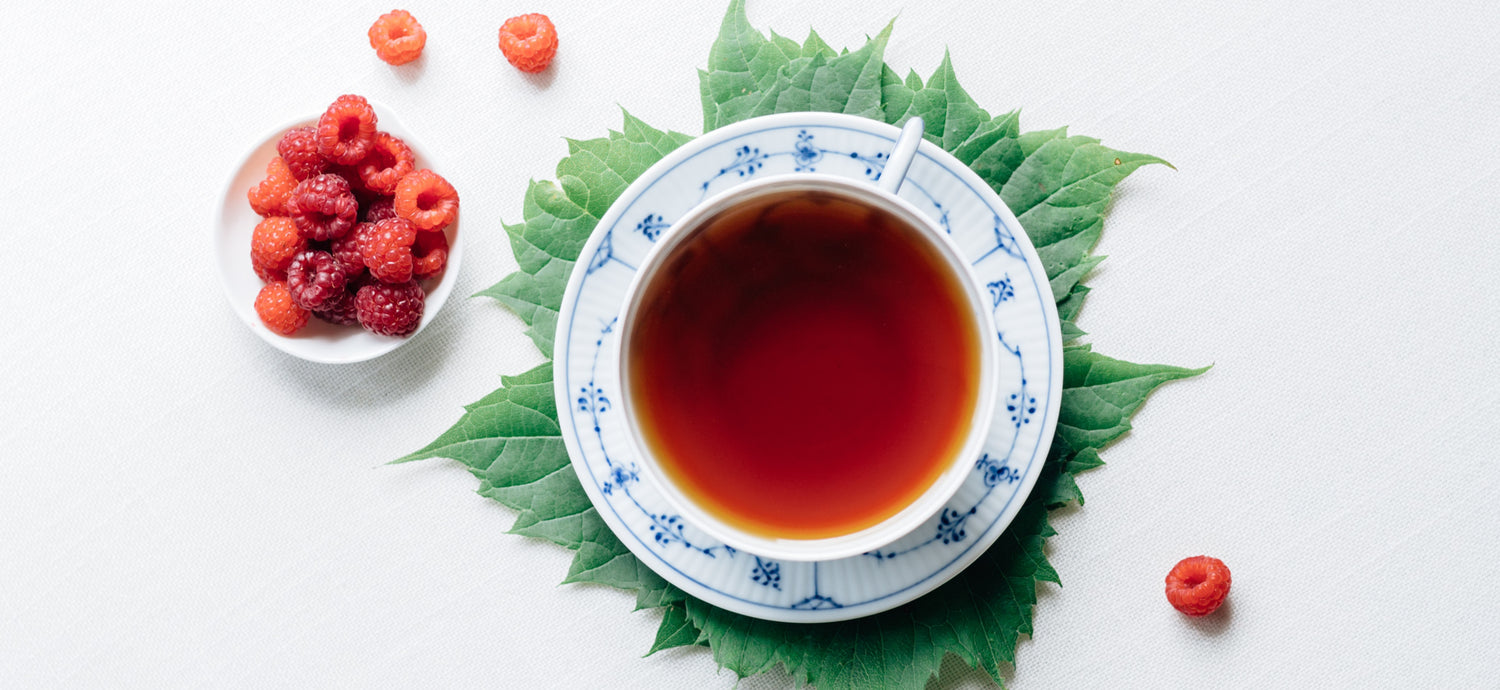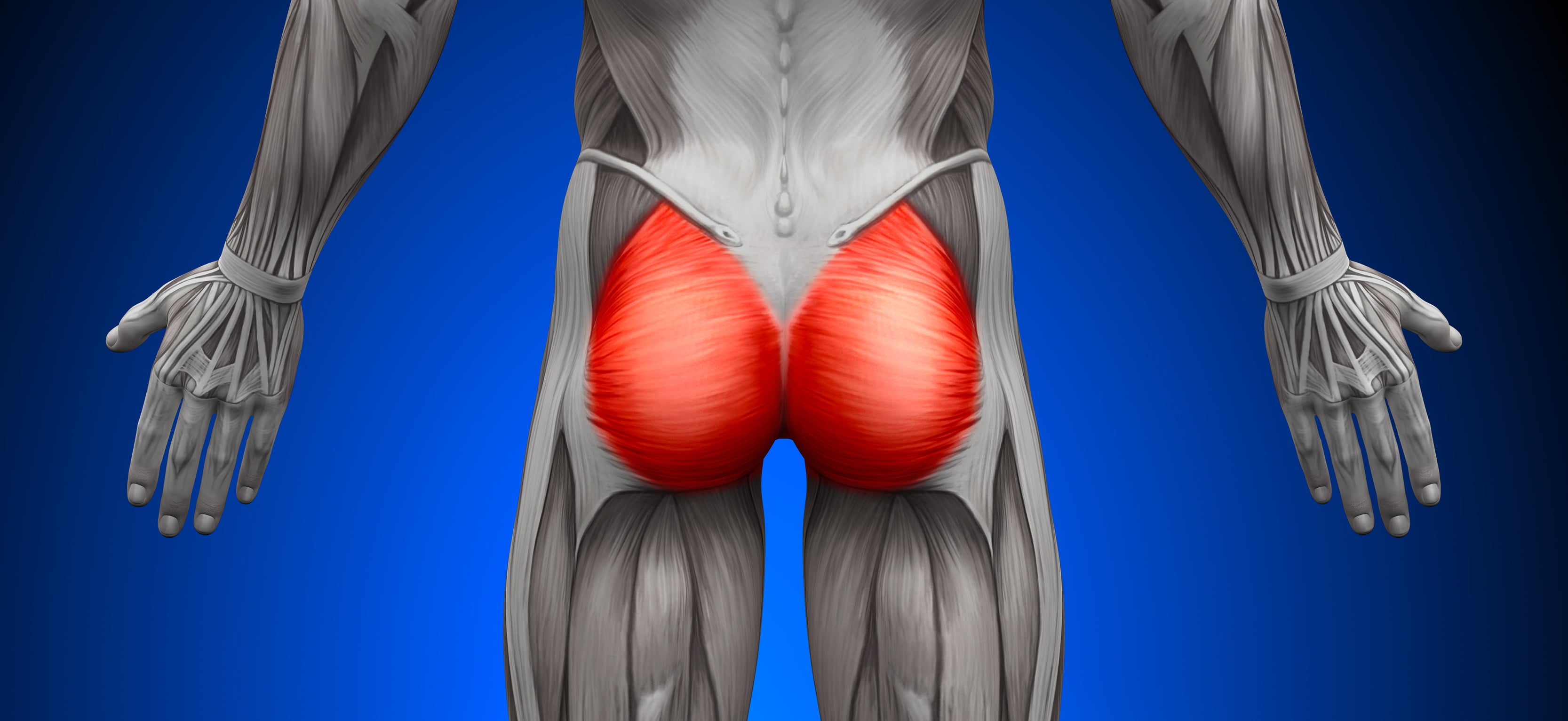Helen Nightingale is a registered midwife and nurse, as well self-proclaimed nerd who loves to talk all things bumps, birth and babies! Helen is dedicated to helping new mums and new families navigate the world of pregnancy, birth and early parenthood, and she has some fantastic blogs and resources on her website reallifemidwife.com. Don’t forget to give Helen a follow on Instagram @reallifemidwife
If I had a dollar for every time I've been asked how to bring on labour, well, let's just say I'd be quite rich! If you've read my article on the due date myth, you'll know that the end of pregnancy varies for every woman, and it's quite unpredictable. Having said that, there are some things that can help prepare your body for labour, and can help to start labour. The tips below are my opinion only, and where mentioned, there is research that supports my opinion, but otherwise it's based on my professional experiences as to what works! There are also a lot of old wives tales out there, and I think that it's really important to point out that some of these are definitely false, or not safe. So it goes without saying, please talk to your midwife or obstetrician about any practice that a friend or relative is recommending for you. Here are my top 5 tips for encouraging labour to start!
Tip #1: Acupuncture!
This might seem a little mad, because acupuncture involves sticking tiny little needles into seemingly random parts of your body! But bear with me, whilst it is a form of complementary medicine, there is some evidence to support the benefits of acupuncture in treating infertility, preparing your body for labour, and encouraging labour to start. Just make sure you visit an acupuncture professional who specialises in pregnancy. In my experience, the main benefit of acupuncture was that women seemed to labour very quickly once their labour started. And in my book, this is always a good thing!
Tip #2: Raspberry Leaf Tea
Again, another weirdo alternative medicine, but raspberry leaf tea has long been associated with childbirth. The theory goes that raspberry leaf helps prime the uterine muscles for labour, meaning when labour DOES start, things work very efficiently. This supplement comes in both a tea and tablet form, but I have found that the tea form is more effective. Unfortunately, to achieve a therapeutic dose, 4-6 cups of the tea is required daily! So if extra liquid is not your friend at the end of pregnancy, tablet form might be for you.
Tip #3: Sex!
My famous quotable quote as a midwife: you get out of pregnancy the way you got into it! Sex might feel like the absolute last thing on your mind at the end of pregnancy, but here's how it works. First up, there is, um, some stimulation of the cervix...especially during an orgasm. This can help kick your body into labour, seeing as it is the cervix that needs to open during labour. Secondly, there is a hormone in semen called prostaglandin, which naturally helps to ripen and soften the cervix - which is the process of prelabour. Thirdly, sex and orgasm can release the hormone oxytocin, which is the love hormone, but also the hormone responsible for contractions. This is why you might feel a little crampy after sex, but it might also lead to those cramps becoming the start of labour!
Tip #4: Being active
This tip is more about being mindful of your body's activity and positioning. A baby's position inside of you can have a huge impact on how well your labour goes, so when you are resting, try to be on your side, or sit with good posture and your knees below your hips.
Similarly, being active (e.g. bouncing on a fit ball, walks, yoga, swimming) can help in many ways. Firstly, it can help baby get into the ideal position for birth. Part of this ideal position involves baby's head nesting neatly into your cervix. This creates a little feedback loop where contractions are stimulated, resulting in baby being pushed further onto the cervix and helping it open, and creating more contractions and so on. Stay tuned for an article with more information on the ideal baby position for labour...as this means you won't spend hours of contractions in labour turning the baby into a good position for birth.
Tip #5: Clary Sage essential oil
Another weird and wacky tip, but clary sage essential oil is well known for its aromatherapeutic contraction benefits! It can help bring on, and strengthen contractions, and I've definitely seen it work in practice. Add a few drops to a relaxing bath, or pop a few drops onto a tissue and stuff in your bra - that way you carry the scent round with you all day. Also, pack the essential oil into your labour bag - it does have calming properties (useful in labour!), but it's also beneficial if you have a lull in contractions during labour, or you need to increase the strength of your contractions. You can get a handy clary sage + lavender essential oil rollerball here - simply keep the rollerball in your handbag and apply whenever you need, and all through labour. The lavender has the bonus of smelling amazing and keeping you calm and relaxed!
To finish off, two bonus tips. One big thing you might have heard about, and omitted from above, is nipple stimulation or expressing (as in, expressing milk in pregnancy). There's been a lot said about this and the relation to encouraging labour, but until recently, researchers hadn't done a great deal of study on the topic as no one wanted to encourage premature labour (if this was actually an effect). This is because nipple stimulation releases oxytocin - the hormone responsible for contractions. However, a large study of 635 women was published in 2017, half of whom were randomly allocated to express twice a day from 36 weeks', and the other half who did not. The results showed both groups had similar statistics of going into labour naturally, induction of labour and caesarean sections (so, expressing had no effect on this). There was no difference in the number of babies needing extra care, or intensive care, in either group, so this showed that the practice of expressing in pregnancy is safe. Why am I including it? Well, I say go ahead if you want to express (and freeze!) breastmilk in pregnancy - you'll have a head start on establishing your milk supply after bub is born - but don't expect any miracles when it comes to kickstarting labour! And finally, another oddball - eating dates! This study showed that women who consumed six dates a day for four weeks before their due date were way more likely to go in to labour naturally, were more dilated on arrival at hospital, a shorter early stage of labour, and less use of artificial hormones prostaglandin and oxytocin (those used for induction of labour). It's only a small study, but it's interesting, and who doesn't love a good bliss ball made with dates? (My favourite bliss ball recipe is here).
For more tips on pregnancy and recovery, check out our blogs.




Leave a comment
All comments are moderated before being published.
This site is protected by hCaptcha and the hCaptcha Privacy Policy and Terms of Service apply.